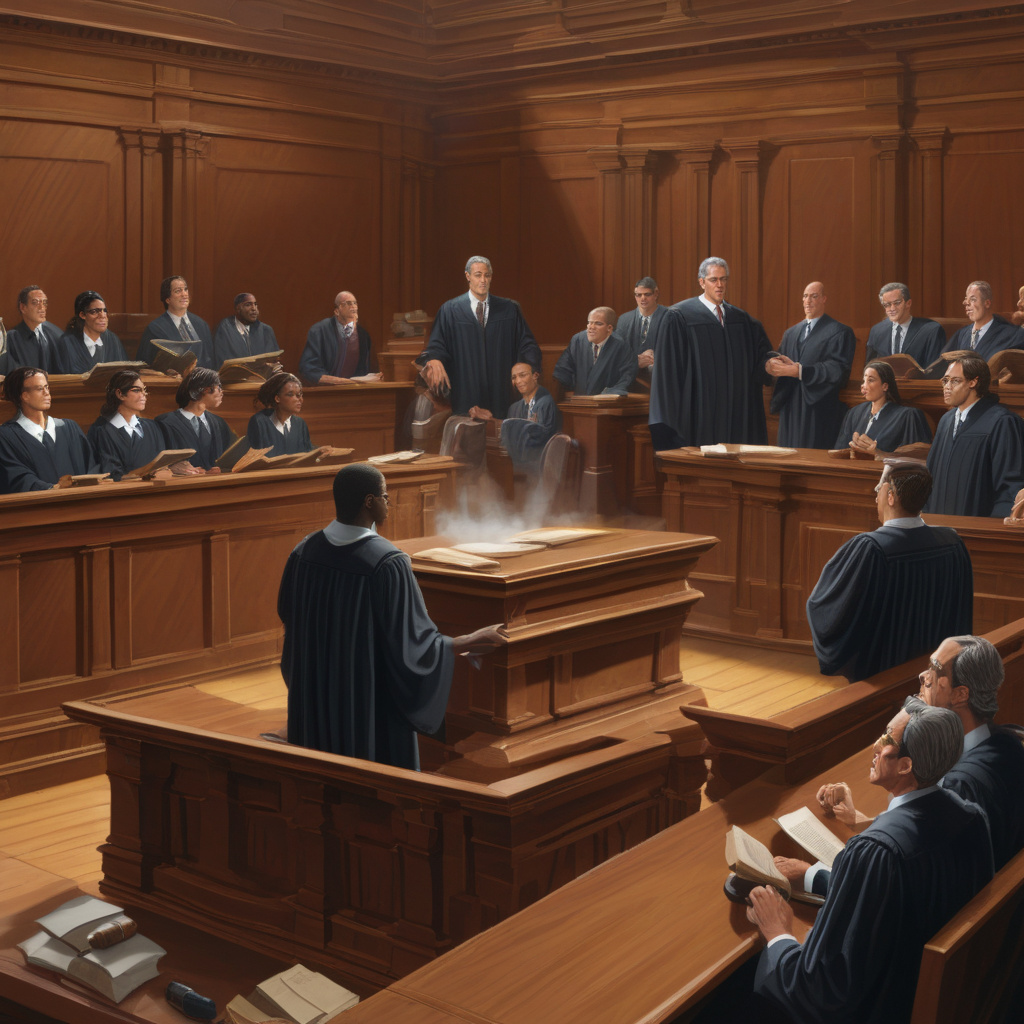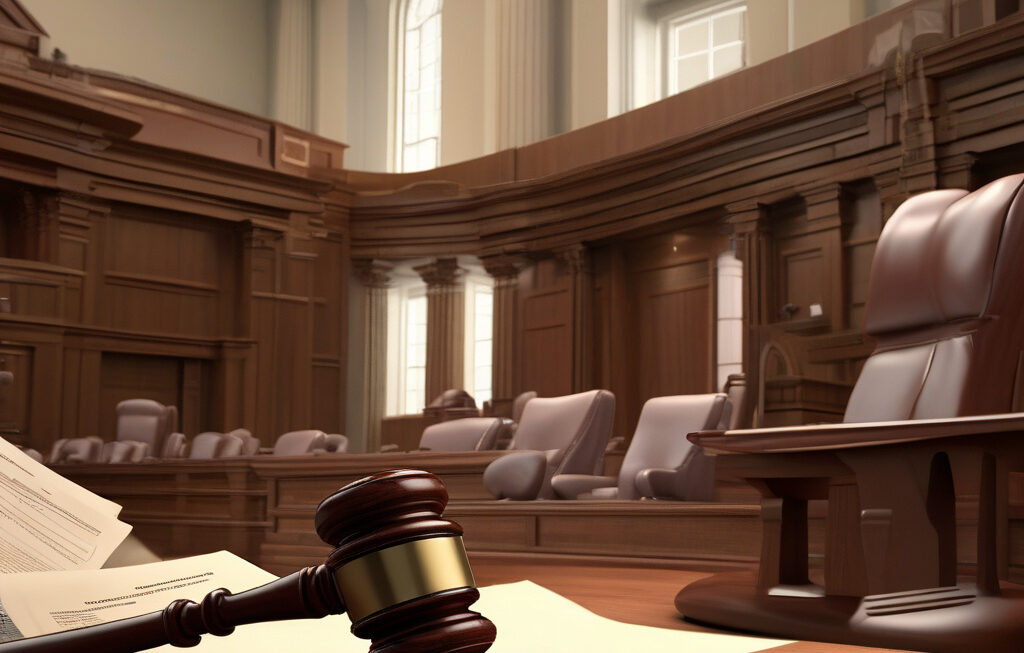Apple Faces Legal Battle Over Alleged Use of Pirated Books to Train AI
Apple, the tech giant known for its innovative products and cutting-edge technology, is now facing a legal battle that could have far-reaching implications for the company and the field of artificial intelligence. Neuroscientists have filed a lawsuit against Apple, alleging that the company used pirated books from shadow libraries, including their own works, to train its AI models.
The use of pirated books to train AI raises important questions about intellectual property rights, fair use, and the ethical implications of using copyrighted materials without permission. In this case, the neuroscientists claim that Apple used their copyrighted works without authorization, potentially infringing on their rights as creators.
This lawsuit has sparked a fresh debate over the boundaries of fair use in the development of AI technologies. While companies often rely on large datasets to train their AI models, the source of these datasets and the legality of their use are now being called into question. In the case of Apple, the allegations of using pirated books raise concerns about the company’s practices and its commitment to upholding intellectual property rights.
The outcome of this legal battle could have significant implications for Apple and other tech companies that rely on AI technologies. If the allegations are proven to be true, Apple could face legal consequences and damage to its reputation as a leading innovator in the tech industry. It could also lead to greater scrutiny of the practices used by companies to train their AI models and the sources of the data they rely on.
In response to the lawsuit, Apple has denied the allegations of using pirated books to train its AI models. The company maintains that it takes intellectual property rights seriously and complies with all relevant laws and regulations. However, the neuroscientists behind the lawsuit are seeking damages and a court order to prevent Apple from using their works in the future.
This case highlights the growing importance of ethical considerations in the development and use of AI technologies. As AI becomes increasingly integrated into our daily lives, it is essential for companies to uphold ethical standards and respect intellectual property rights. The use of pirated materials to train AI not only raises legal issues but also ethical concerns about the treatment of creators and their work.
In conclusion, the lawsuit against Apple for allegedly using pirated books to train its AI models underscores the complex challenges facing companies in the development of AI technologies. The outcome of this legal battle will be closely watched by industry experts, policymakers, and the public alike, as it could set a precedent for how intellectual property rights are protected in the age of artificial intelligence.
#Apple #AI #IntellectualProperty #Ethics #Innovation












